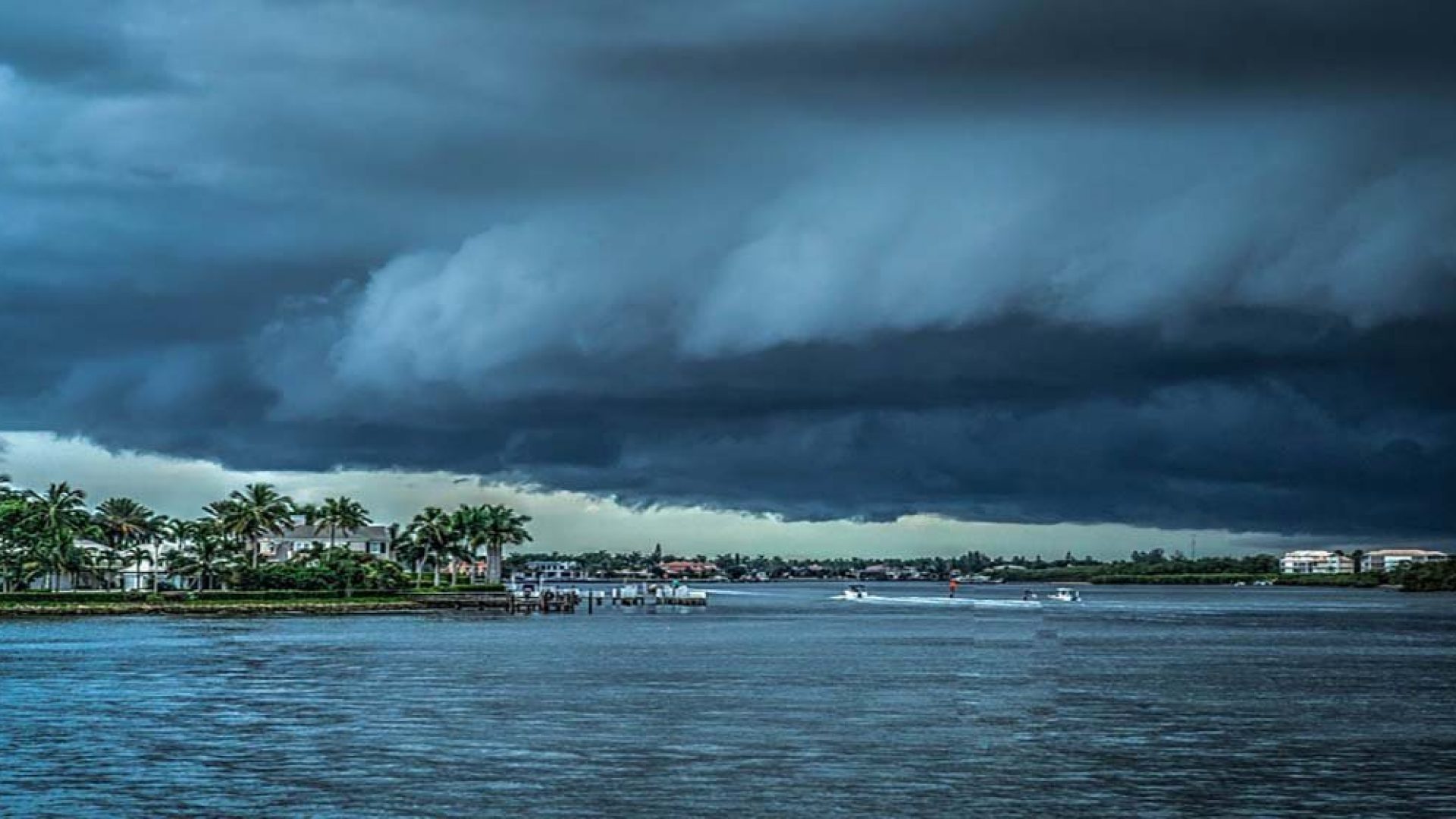How to prepare your Tampa Bay home for a hurricane or tropical storm
When a significant weather event such as a hurricane threatens your area, it’s important to be prepared. Between high-speed winds and torrential rains, a hurricane or significant tropical storm could cause major damage to your home. Older homes that have not been updated with storm-resistant features, such as reinforced garage doors or tightly sealed windows and doors, may be at an even greater risk of water and wind damage.
The Tampa Bay area has seen its fair share of impact from hurricanes and tropical storms over the years. That’s why we take careful measures to make sure each of our new homes is built to withstand the elements and mitigate damage from severe storms. Lennar is the only homebuilder with a dedicated Quality Assurance Department to ensure each new home meets the highest quality standards.
Our homes are built to withstand the elements with such features as resilient cement block construction and durable outswing style doors designed to be airtight and keep water from getting inside the home.
However, whether or not you live in a new Lennar home, preparation is key when it comes to hurricane season in Florida. Here are just a few of the things you can do to keep your home safe:
Seal all exterior cracks and crevices
It’s important to make sure there are no cracks or openings around your home’s windows and doors. A loose window or even a small air space underneath an exterior door can allow rain water to creep in and damage walls, floors and furniture.
With every new Lennar home built, our Quality Assurance Department completes several walk-throughs during various stages of construction to make sure all openings are tightly sealed. To prevent damage to exterior walls, Lennar uses a two-step exterior paint system for protection against harsh elements.
Equip your home with new windows and hurricane shutters
If the windows in your home have not been updated in 15 years or more, now is the time to have them replaced. Keep in mind, however, that even newer windows may leak around the window tracks during heavy rain. This is not a defect – it’s a relief mechanism to prevent windows from shattering under impact and pressure. Placing towels on window sills can help prevent potential water damage.
If you’re home is in an area susceptible to especially high winds, hurricane shutters may be necessary to protect your windows. Lennar will provide hurricane shutters for all residents living in areas susceptible to wind borne debris of 140 miles per hour. Residents of Hillsborough County can determine whether their home falls within this area by entering their address on the county’s Wind Debris Viewer.
Clear debris from your yard and secure outdoor furniture
Wind speeds during a Category 5 hurricane can reach over 157 miles an hour. When a storm hits, the last thing you want is for a loose branch or lawn chair to be hurled through your pool screen or closed-in patio by the wind. Take precaution by clearing your yard of any loose debris, while also storing lawn ornaments, bird feeders, flags and hoses. Move any outdoor furniture inside or make sure it is properly secured.
While every Lennar home in the Tampa Bay area is landscaped with a Florida-friendly landscaping package designed to thrive in the area’s humid subtropical climate, the trees and shrubs in your lawn may require some special care after a storm hits.
Stay safe
Although damage to your home from a hurricane can be burdensome, what’s most important is the safety of everyone in your household. With two months left in this year’s hurricane season, we want to make sure our residents have the resources necessary to stay safe. If you live in a Lennar home, be sure to check your warranty after a storm hits to see what damages are covered. Our team is here to help you keep your home safe and in shape.
For more information about hurricane preparedness, please visit the below links from the Federal Emergency Management Agency (FEMA) and the American Red Cross.




